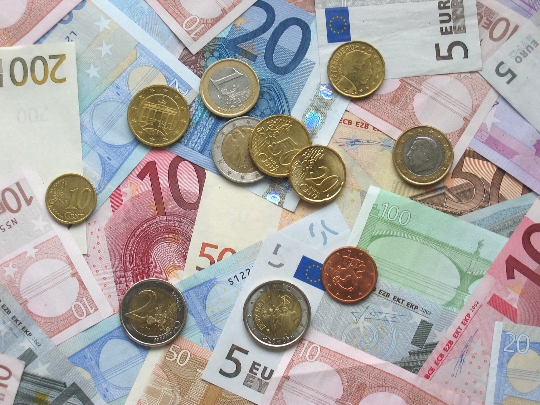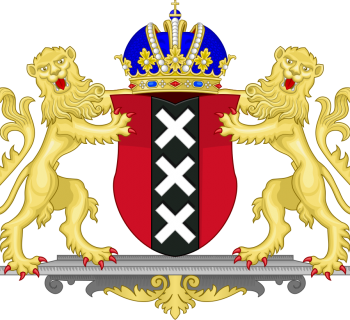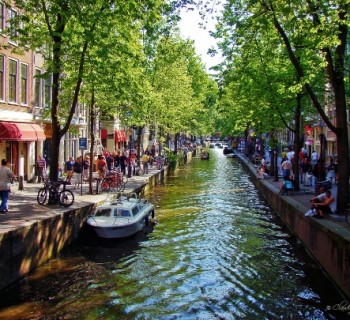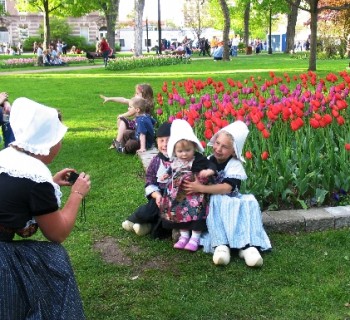Holland currency
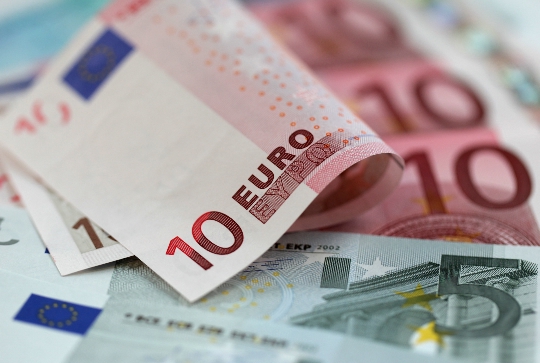
The Kingdom of the Netherlands, which is part of the European Union, has a common currency in circulation with other EU member states. This currency is called the Euro. In circulation in the state there are banknotes of various denominations from 5 to 500 euros and coins, whose denomination is 1, 2, 5, 10, 20 and 50 euro cents. The modern Dutch currency, as the Kingdom of the Netherlands is often called, has replaced the Dutch guilder. Old money in Holland began to be withdrawn from circulation in 2002.
Royal past
The former Dutch currency has been in circulation since the 13th century. The origin of the name "guilder" is highly symbolic. This word translated from medieval Dutch means "gold", because once coins were minted from this precious metal.
Guilder faced difficult trials and since its introduction into use, the former Dutch currency has been replaced more than once by another, but it has been on a horse again after years. It was supplanted from circulation by the French franc at the beginning of the 19th century and the German Reichsmark in the 40s of the 20th century, but the old Dutch money invariably returned to the shelves and into the pockets of the hardworking Dutch..
Useful little things
- The banks of the Kingdom of the Netherlands are open to visitors every day from 9.00 to 16.00, except Saturday and Sunday. Some financial institutions have short opening hours on Friday.
- You can exchange currency in hotels, airports or train stations, but the rate will be less profitable, and you will have to pay a certain percentage of the amount for the operation. The most unfavorable exchange rate is set at night.
- The country's main financial institution is called the GWK. Its offices are engaged in currency exchange and are open from 8.00 to 20.00 six days a week. On Sunday, GWK offices are open from 10.00 to 16.00.
- The country has a system for refunding VAT to foreign residents. 17.5% of the purchase amount, which exceeded 50 euros, can be returned at the exit from the country at the customs post. The product must be sealed in its original packaging, and a receipt and a special completed form from the store are required to be presented.
We follow the rules
The import of Dutch currency at customs is regulated by the rule, according to which an amount over 10 thousand euros must be declared at the border. Credit cards of major payment systems are accepted in almost any hotel or restaurant, while ATMs are installed everywhere, which allows you to quickly and easily withdraw cash from the card.
